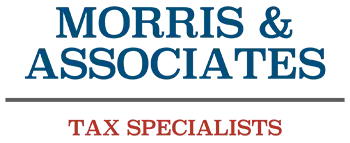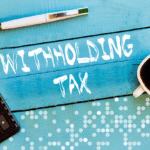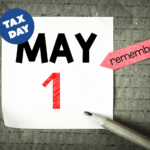There are a lot of things that go into running a business. Making sure your finances are in order is one of the most important aspects. One thing that you may not have considered is what to do if you can’t collect on a debt. This can be a huge issue for businesses and can cause a lot of stress and headaches. In this blog post, we will discuss what uncollectible status is and how to obtain it
What Is Uncollectible Status?
Uncollectible status is a term used to describe when a debt is not collectible. This can happen for a number of reasons, but the most common one is that the debtor has filed for bankruptcy. When this happens, the creditor cannot force the debtor to pay back the debt.
The IRS can place a taxpayer in “IRS Currently Not Collectible” after receiving evidence of their inability to pay. This type of information is usually provided by the taxpayer on IRS Form 433-F, Collection Information Statement. A taxpayer can apply to be considered Currently Not Collectible through an IRS Revenue Officer or via the IRS Automated Collection System unit.
When your account is labeled as not collectible, the IRS will still receive your payment but will not actively collect the dues from you. It may file a notice of federal tax lien against you, but it is less likely to do so unless you owe more than $10,000. While your status is uncollectible for the IRS, it won’t undertake other IRS collection actions like levying bank accounts or seizing assets.
Who is Eligible for Currently Not Collectible Status?
Not everyone is eligible for currently not collectible status. To be considered, you must meet all of the following requirements:
- You cannot pay your tax debt in full at this time
- Your ability to pay has not improved since the last time you were reviewed for this status
- You have filed all required returns and paid any taxes due
- You have not made any arrangements with the IRS to pay your debt over time
How To Obtain Uncollectible Status
There are a few things you need to do in order to obtain uncollectible status. The first step is to file for bankruptcy. This will protect your business from creditors who are trying to collect on the debt. You’ll also need to fill out and submit an application for CNC status on IRS Form 433-F. This can be done through the IRS website or by mailing in a form. You’ll need to provide information like your name, address, Social Security number, and employer identification number.
Once you’ve submitted the application, the IRS will review it and make a determination as to whether or not your business is eligible for uncollectible status. If it is, the IRS will stop all collection activity against you. Keep in mind that this is not a permanent solution and you will need to reapply for CNC status every two years.
Pros and Cons of IRS Currently Not Collectible Status
There are a few pros and cons of currently, not collectible status. The main pro is that it can protect your business from creditors who are trying to collect on the debt. This can be a huge relief for businesses that are already struggling financially. Other pros include;
- You won’t have to make monthly payments
- Interest and penalties will stop accruing
The main con is that this is not a permanent solution. You will need to reapply for CNC status every two years. Another con is that the IRS can still file a notice of federal tax lien against you.
Overall, uncollectible status can be a helpful tool for businesses that are struggling to pay their debts. If you think your business may be eligible, be sure to apply and see if you can get relief.
Requirements for Currently-Not-Collectible Status
To be considered for currently not collectible status, you must meet all of the following requirements:
- You earn less than $84,000 a year.
- You have calculated your living expenses and they are within the IRS’s guidelines.
- You have little or no cash left at the end of the month after paying for your fundamental living needs.
- You get all of your money from Social Security payments, welfare benefits, or unemployment compensation.
- You cannot pay your tax debt in full at this time
- Your ability to pay has not improved since the last time you were reviewed for this status
- Your ability to pay has not improved since the last time you were reviewed for this status
- You have filed all required returns and paid any taxes dues
- You have not made any arrangements with the IRS to pay your debt over time
Conclusion
If your business is struggling to pay its taxes, obtaining uncollectible status can be a life-saving measure. By filing for bankruptcy and applying for CNC status, you can protect your business from creditors and ensure that the IRS will not take any further collection actions against you.
We at Morris and Associates Tax Specialists can help you with getting a currently uncollectible status with the IRS. Morris and Associates are experts when it comes to helping individuals and companies find tax relief in Georgia but can help no matter where you live or whatever tax questions you have. Contact us to help with your taxes and possibly even reduce the amount that you owe.







